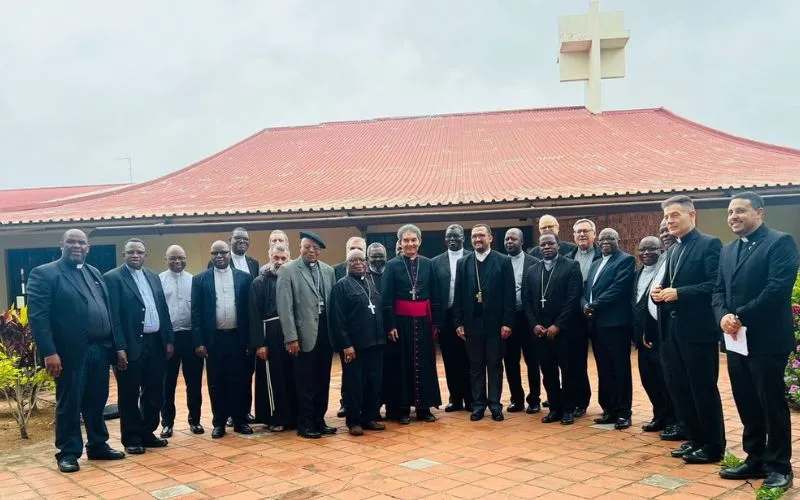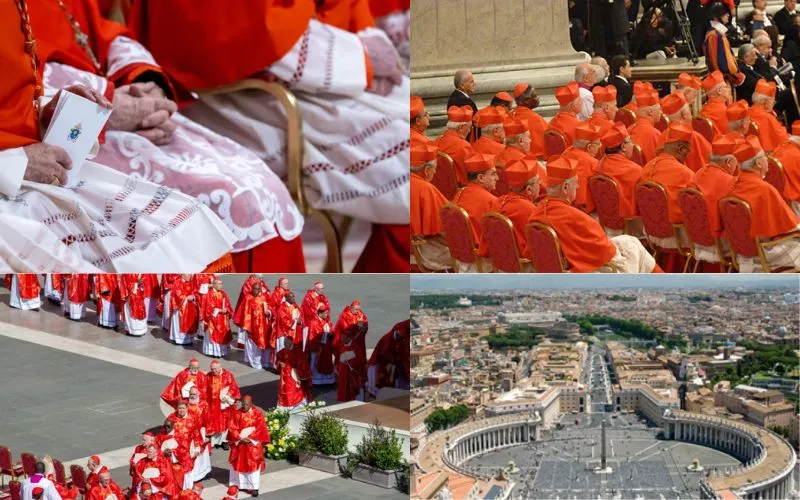Maputo, 21 November, 2024 / 10:15 pm (ACI Africa).
Members of the Inter-Regional Meeting of the Bishops of Southern Africa (IMBISA) are calling upon authorities in Mozambique to “guarantee a climate of peace” for the people as post-election violence surges in the Southern African nation.
In a statement seen by ACI Africa on Wednesday, November 20, the Bishops under IMBISA condemn violence, vandalism, and repression following the October 9 presidential polls while urging authorities to ensure a peaceful atmosphere where grievances can be addressed fairly.
“IMBISA views with great concern the current situation of the controversial post-electoral environment and condemns all forms of deaths, vandalism, and justice in one’s own hands, murders and repressions, the freedom of expression of people dissatisfied with the electoral results,” IMBISA members say.
They add, “IMBISA urges the authorities to guarantee a climate of peace and acceptance of claims presented, while calling on the institutions of justice, especially the Constitutional Council, such as an Electoral Court, to truthfully and fairly assess all complaints worthy of attention.”
In the statement, the Bishops confirm that two members of the IMBISA Secretariat participated as international observers during the elections that were held from October 6 to 11 under the accreditation of Mozambique’s National Electoral Commission (CNE).








